Indigenous Governance Database
Canada
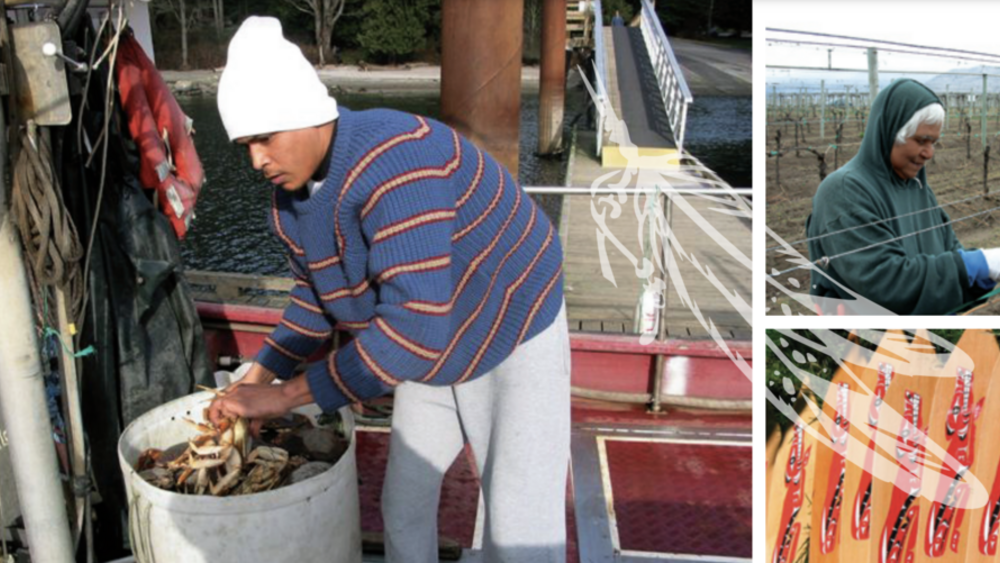
Journey to Economic Independence: B.C. First Nations' Perspectives
There are two approaches to economic development being pursued by the participant First Nations. One is creation of an economy through support for local entrepreneurs and the development of their individual enterprises (i.e. Westbank First Nation). The other is creation of an economy through…

Aboriginal Youth Entrepreneurship: Success Factors and Challenges
Aboriginal people (First Nations, Métis and Inuit) and their communities in the north face many obstacles and challenges. There are, however, tremendous opportunities to promote and enhance Aboriginal participation in the economy. Aboriginal youth entrepreneurs are key to building a healthy…

Community-Led Development
The purpose of this paper is to explore the concept and practice of community-led development. It is an approach to tackling local problems that is taking hold throughout the world. While its expression may vary depending upon the community and the specific area of focus, there are nonetheless some…
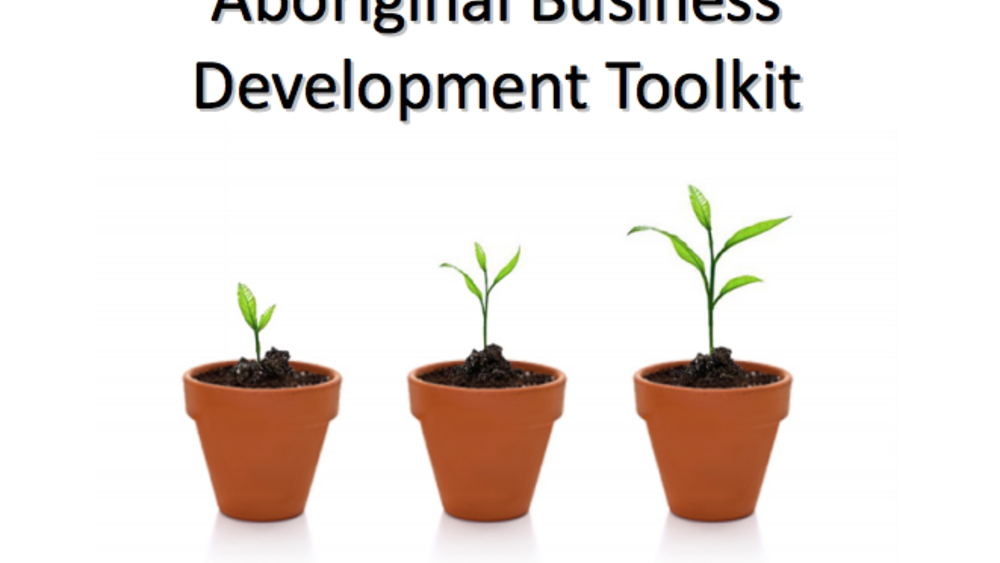
Aboriginal Business Development Toolkit
If you're an Aboriginal person thinking about starting or expanding a business, this toolkit has been developed with you in mind. While many helpful guides exist, this document includes considerations that may be of particular interest to you, your family and your community. Whether you live on-…
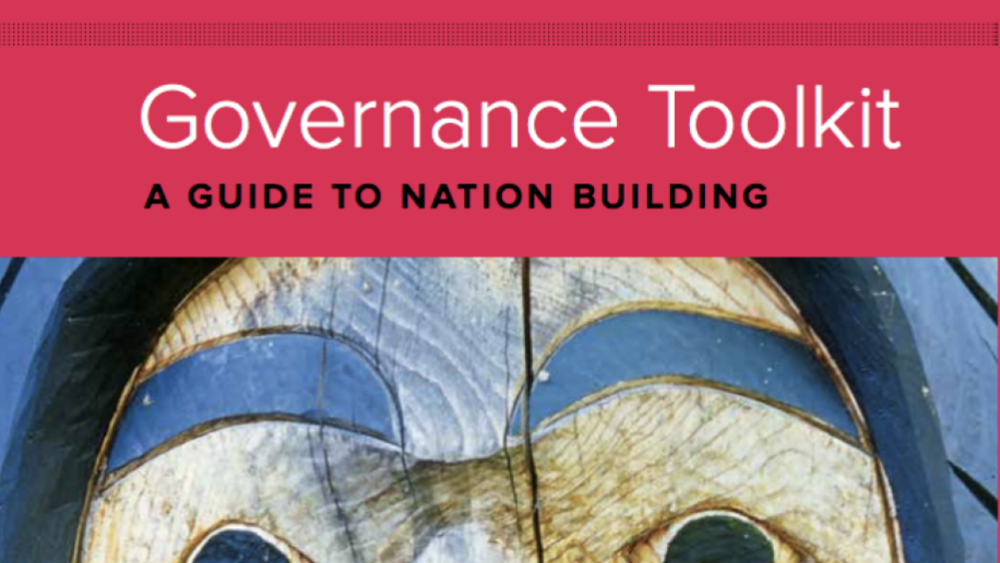
British Columbia Assembly of First Nations Governance Toolkit: A Guide to Nation Building
The BCAFN is pleased to present the first edition of the BCAFN Governance Toolkit: A Guide to Nation Building in accordance with our Building on OUR Success action plan and the first pillar of that plan, "Strong and Appropriate Governance." The Toolkit is a comprehensive guide intended to assist…
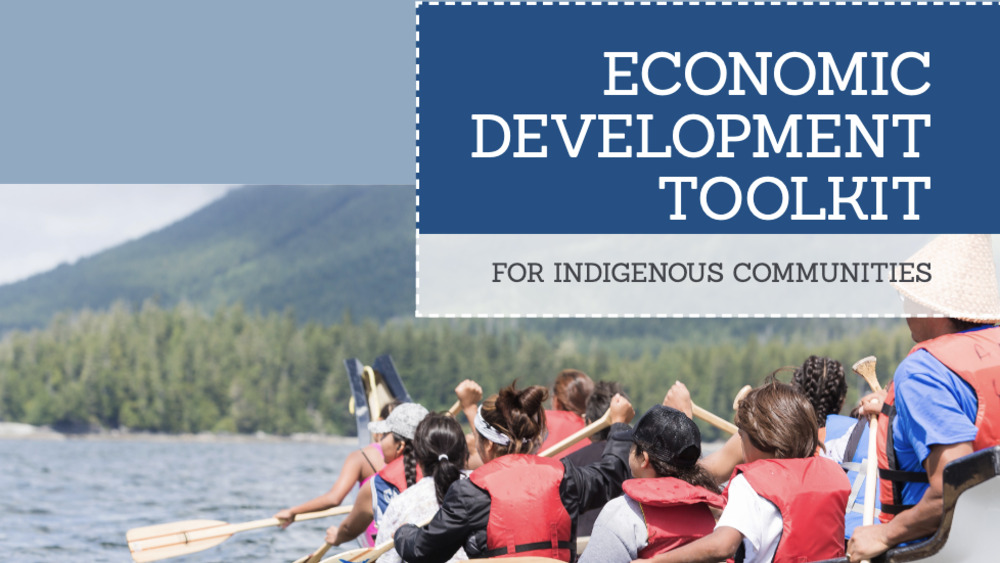
Economic Development Toolkit for Indigenous Communities: Tips, Tools & Techniques
Economic development offers First Nations an avenue to meet the needs of community members, ensuring they have access to adequate food and shelter, healthcare, education, and social programming. Beyond these basic needs, economic development also provides a mechanism to create wealth for future…
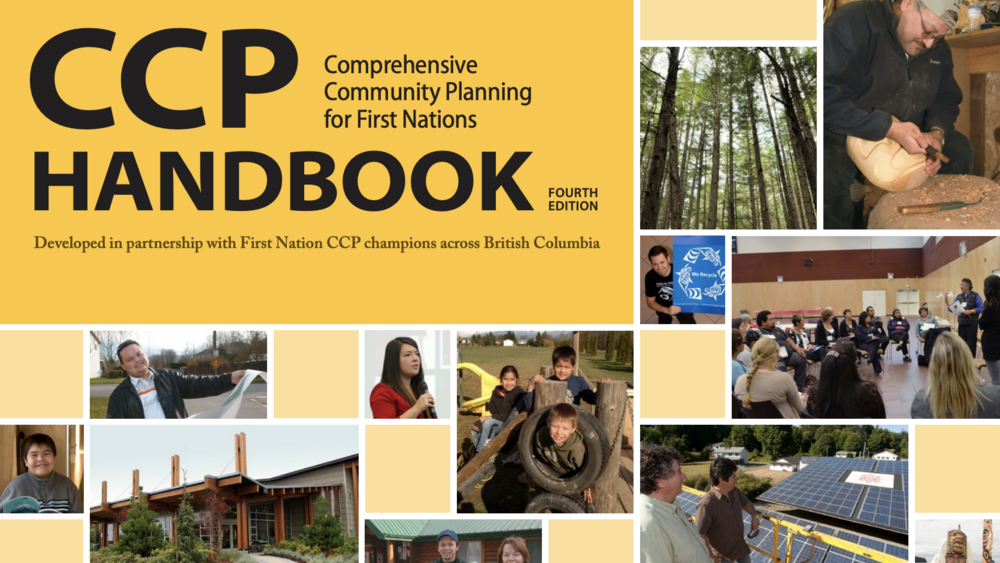
CCP HANDBOOK Comprehensive Community Planning for First Nations in British Columbia
The First Nations of British Columbia have rich and varied cultures, histories and traditions. They are becoming increasingly involved in comprehensive community planning as a way of embracing change and planning a better future for their communities. Comprehensive community planning is a holistic…
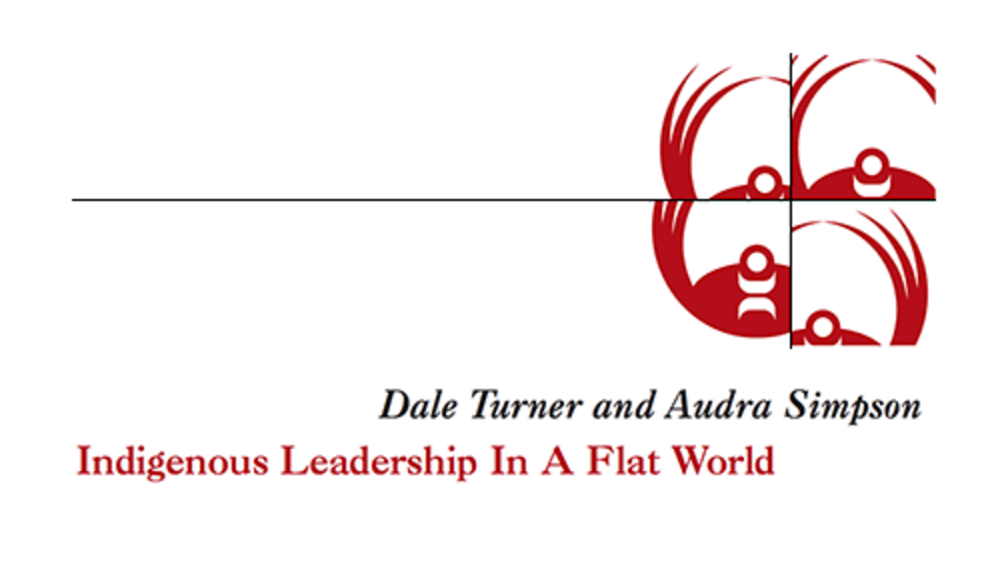
Indigenous Leadership in a Flat World
The world is flat, so we are now told. In his recent book The World is Flat: A Brief History of the Twenty-First Century, Thomas Friedman argues that since the beginning of the Twentieth century globalization has evolved at an astronomically fast rate. As a result, the world is now…
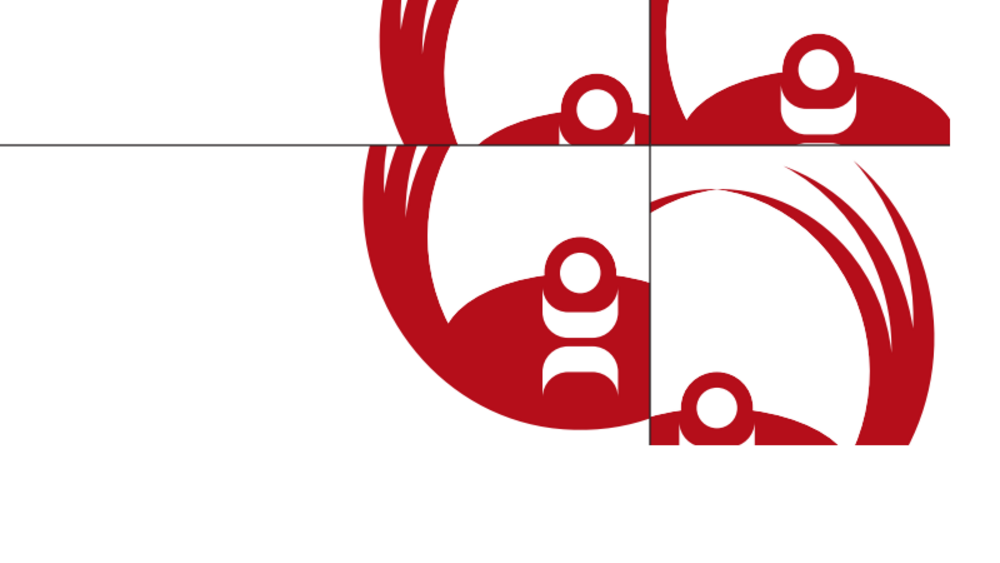
The Governance and Fiscal Environment of First Nations' Fiscal Intergovernmental Relations in Comparative Perspectives
This paper examines the Canadian Aboriginal fiscal inter-governmental system by comparing it to other countries, and also focuses on the key characteristics of the Canadian system. Over the last 20 years governments have decentralized power and responsibilities in response to an…
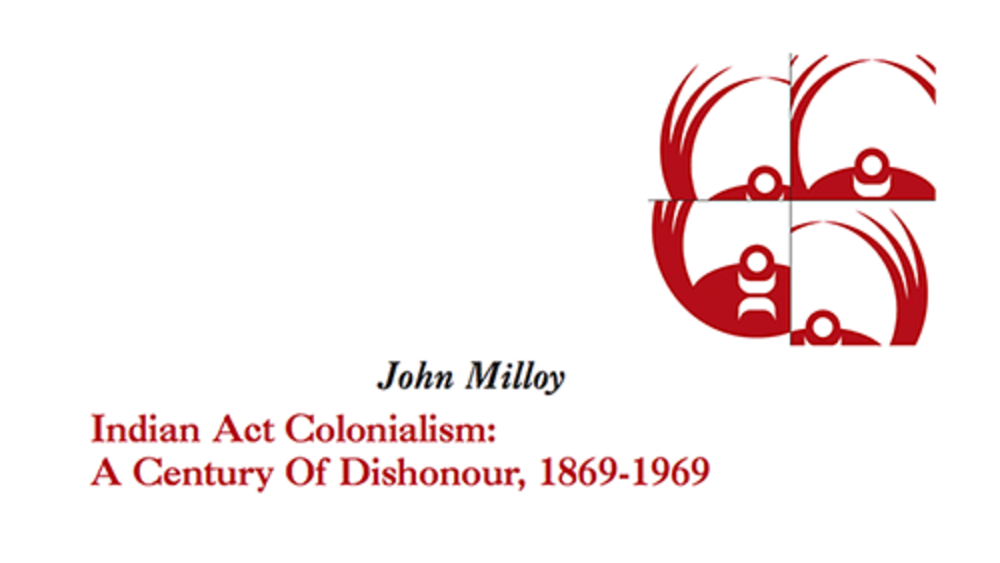
Indian Act Colonialism: A Century Of Dishonour, 1869-1969
In 1867, with the passage of the British North America Act, Canadians began the process of nation building. Over the next few years, new provinces emerged--Manitoba, British Columbia, Prince Edward Island--and Canada became, by 1873, a nation from sea to sea. At the same time, by way…
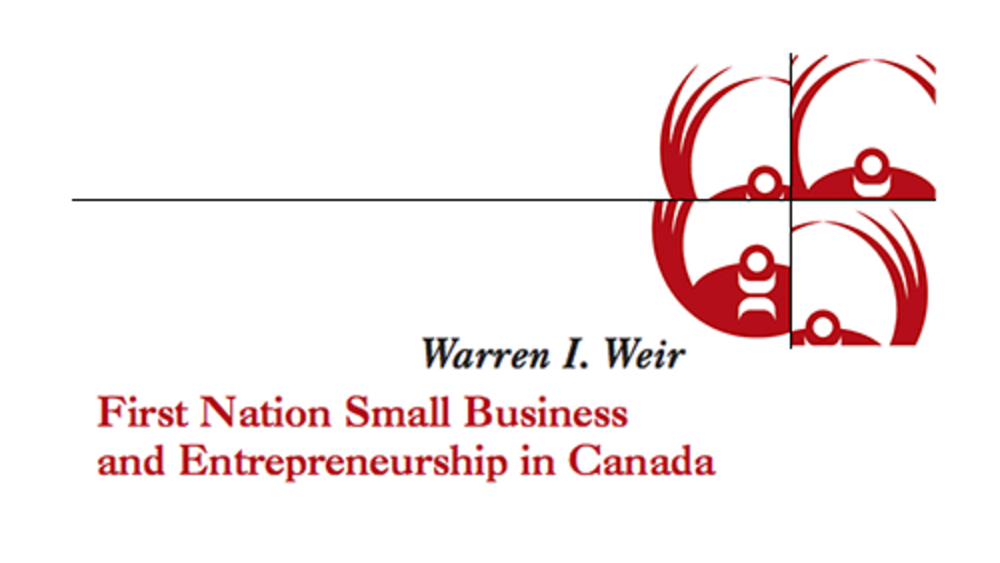
First Nation Small Business and Entrepreneurship in Canada
There are thousands of Aboriginal organizations in Canada. They are owned, managed and staffed, wholly or in part, by First Nation (status and non-status Indian), Inuit, and Métis men, women, and youth. They exist in every region in the country where they perform profit, not-for…
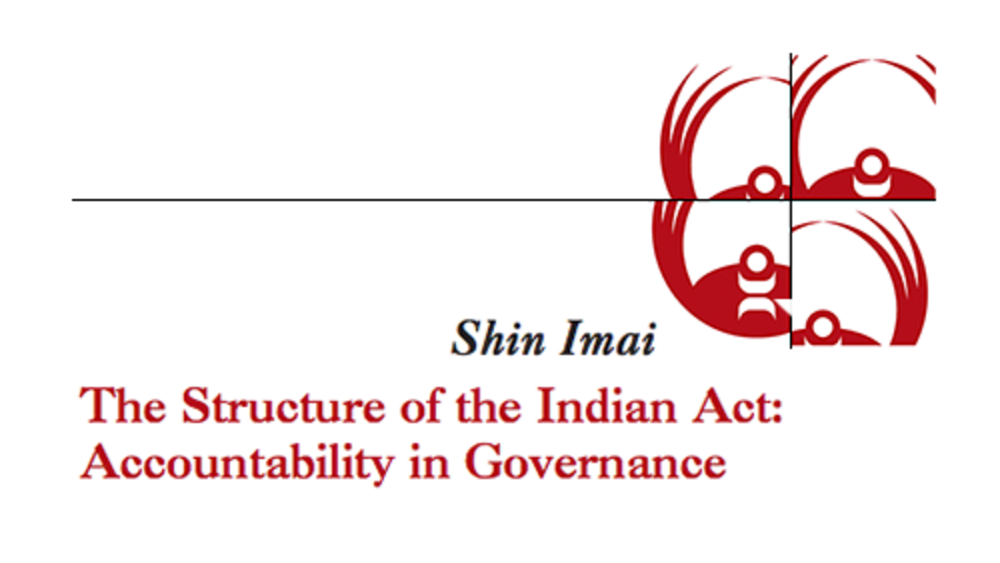
The Structure of the Indian Act: Accountability in Governance
The Indian Act has been criticized for giving the Chief and Council too little power to make their own decisions. The Royal Commission on Aboriginal Peoples counted nearly 90 provisions that give the Minister of Indian Affairs powers over the Band and Band Council. But the Indian Act…
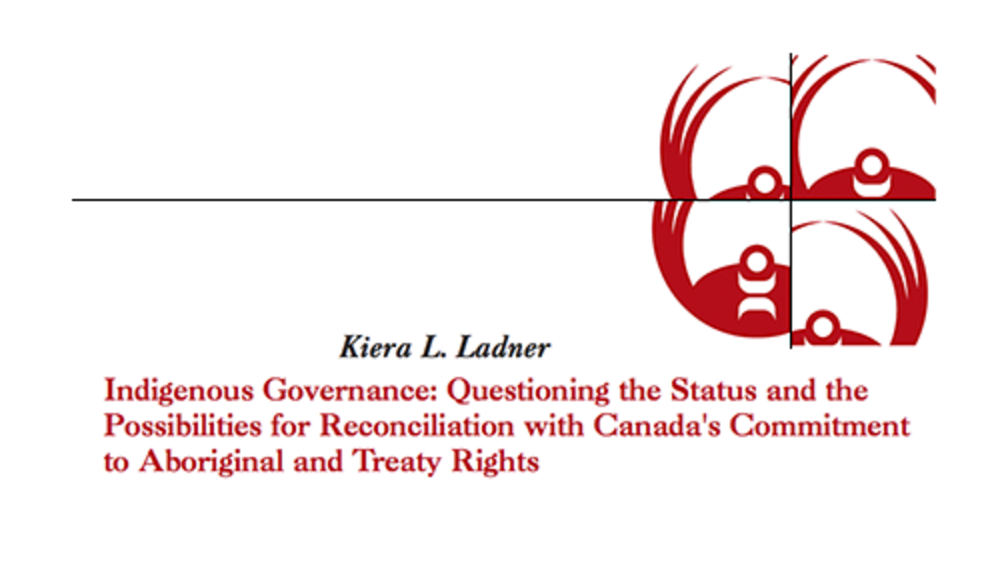
Indigenous Governance: Questioning the Status and the Possibilities for Reconciliation with Canada's Commitment to Aboriginal and Treaty Rights
Indigenous peoples have always had governance. This fact has been a matter of great debate among Canadian politicians and scholars for many years, but there is little doubt that Indigenous Nations had developed for themselves complex systems of government prior to colonization. The…
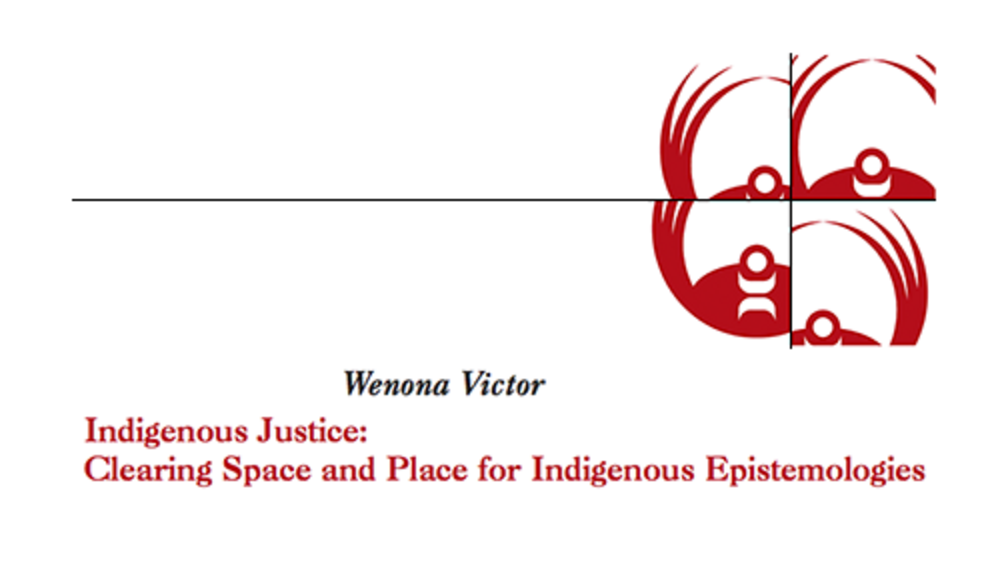
Indigenous Justice: Clearing Space and Place for Indigenous Epistemologies
The realization of Self Determination for Indigenous Peoples is an exhilarating and fascinating movement that encourages human perseverance and an unfaltering belief in human potential and responsibility. It is a multi-dimensional movement that acknowledges and accepts human flaws…
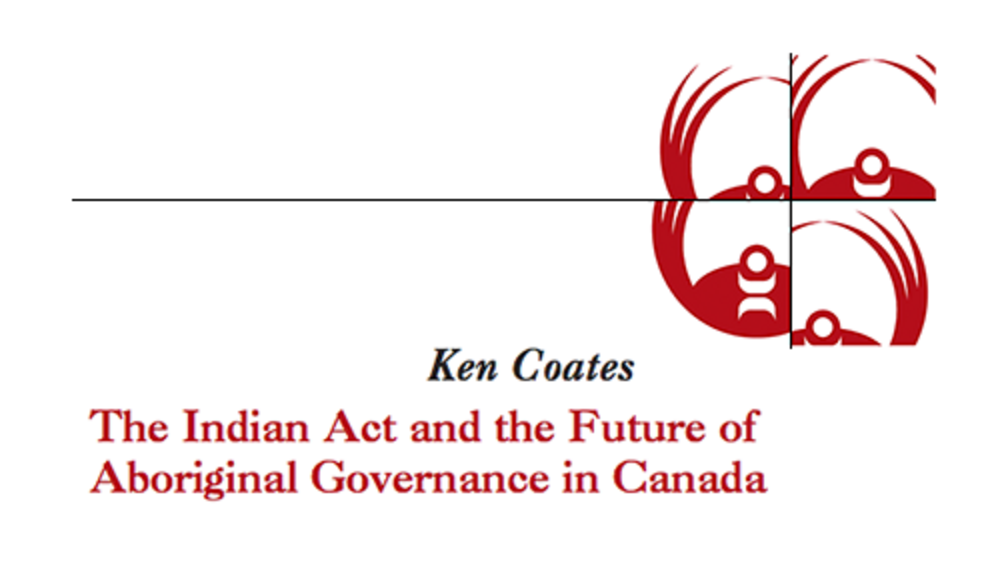
The Indian Act and the Future of the Aboriginal Governance in Canada
The Indian Act is no longer an uncontestable part of the Aboriginal landscape in Canada. For decades, this controversial and intrusive piece of federal legislation governed almost all aspects of Aboriginal life, from the nature of band governance and land tenure systems to…
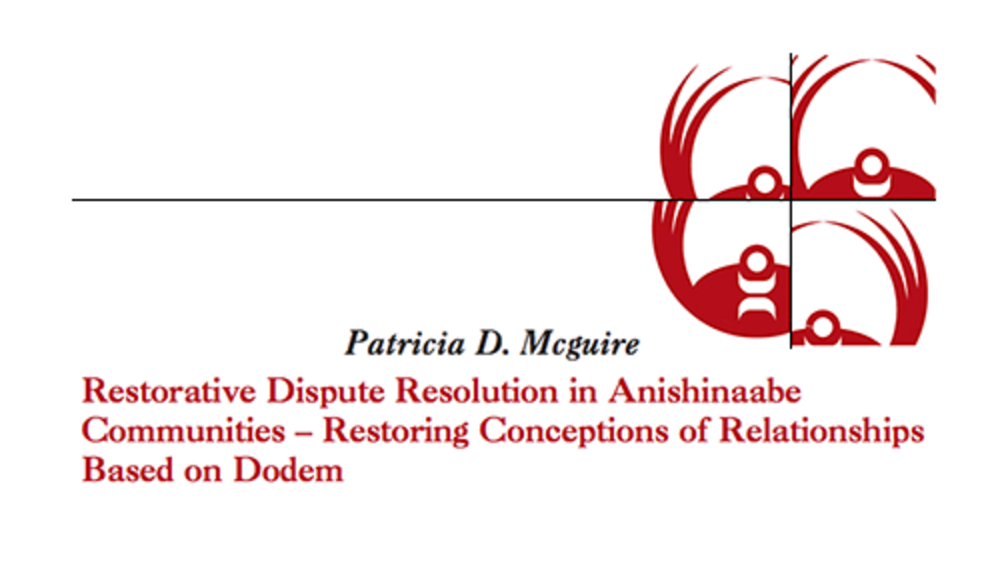
Restorative Dispute Resolution In Anishinaabe Communities - Restoring Conceptions of Relationships Based on Dodem
Social relationships, not political, hold communities together. In Anishinaabe communities, external colonial agencies created changes. External upheavals by colonial governments, education and helping agencies have eroded social structures that nourished communities. Yet, it is the…
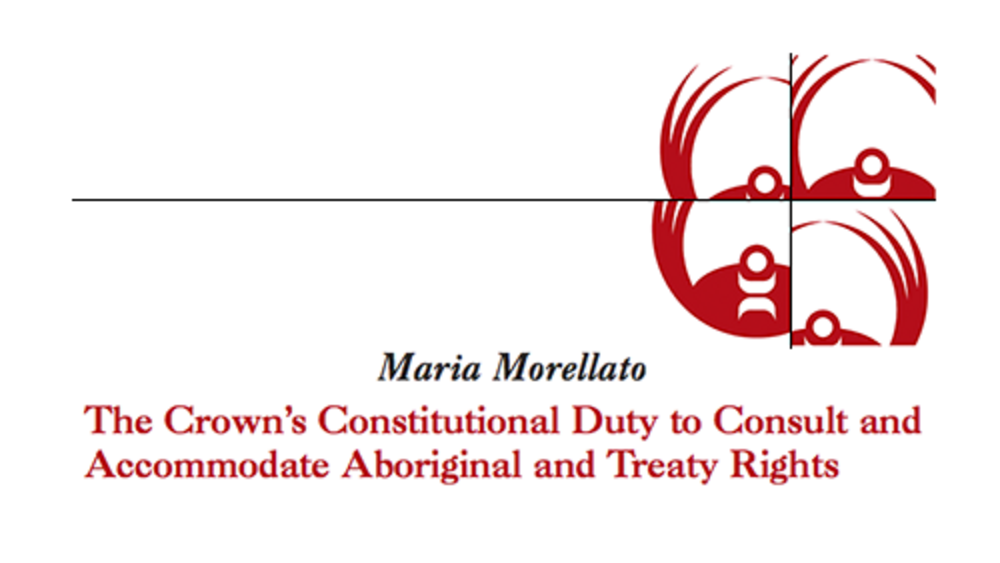
The Crown's Constitutional Duty to Consult and Accomodate Aboriginal and Treaty Rights
The Crown’s duty to consult and accommodate Aboriginal and treaty rights is a fundamental matter of social justice that invokes very solemn legal obligations. Reconciliation and win-win situations can be achieved with good faith negotiations if the federal and provincial Crown immediately…
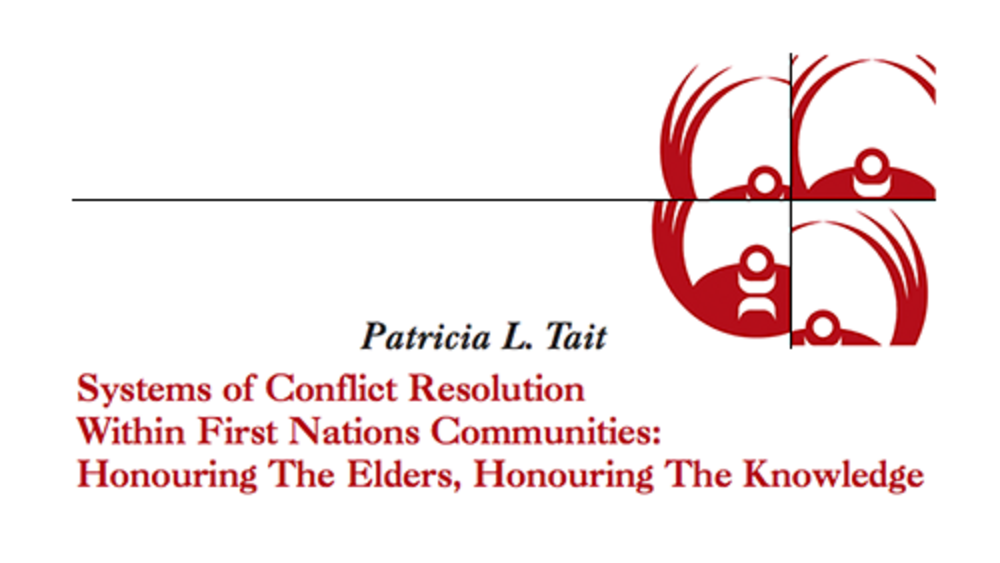
Systems of Conflict Resolution Within First Nations Communities: Honouring The Elders, Honouring The Knowledge
First Nations people are well aware that many of our governments and citizens struggle to move beyond the violence and dysfunction that characterizes some individuals, families and communities. Within some community settings, drugs and alcohol prevail, family members are involved in…

Like An Ill-Fitting Boot: Government, Governance and Management Systems in the Contemporary Indian Act
Few people are satisfied with the Indian Act, but no one will deny its importance. For the individuals to whom it applies, the Act is a basic and specific constitutional document. It defines their rights and entitlements, their citizenship and their relationship to the federal and provincial…
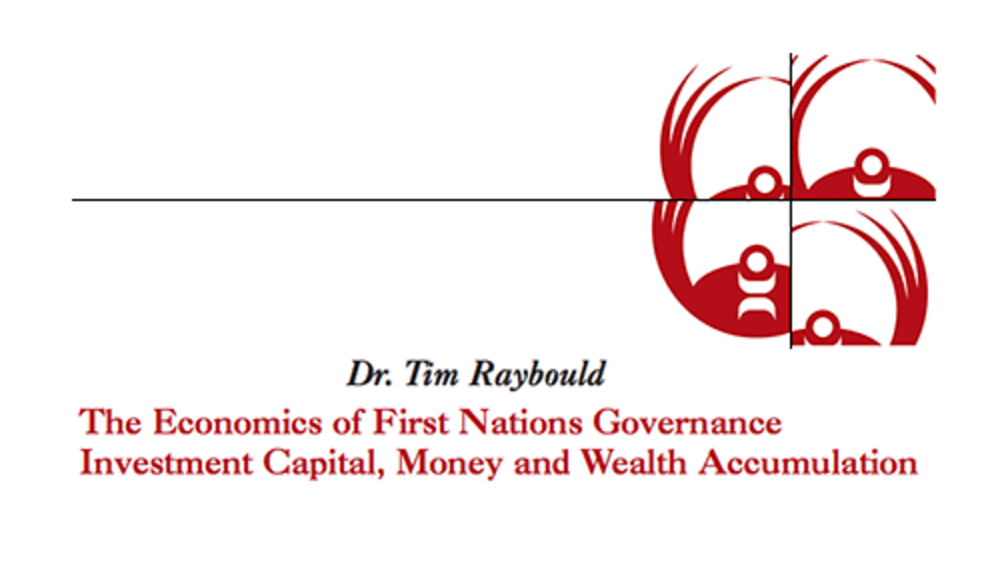
The Economics of First Nations Governance Investment Capital, Money and Wealth Accumulation
There has been much said and written about the underdevelopment of Indian reserves in Canada, the lack of wealth in First Nations’ communities and the concomitant poverty of most First Nations’ people. While Canada sits at seven on the United Nations Human Development Scale this…
Pagination
- First page
- …
- 1
- 2
- 3
- …
- Last page
